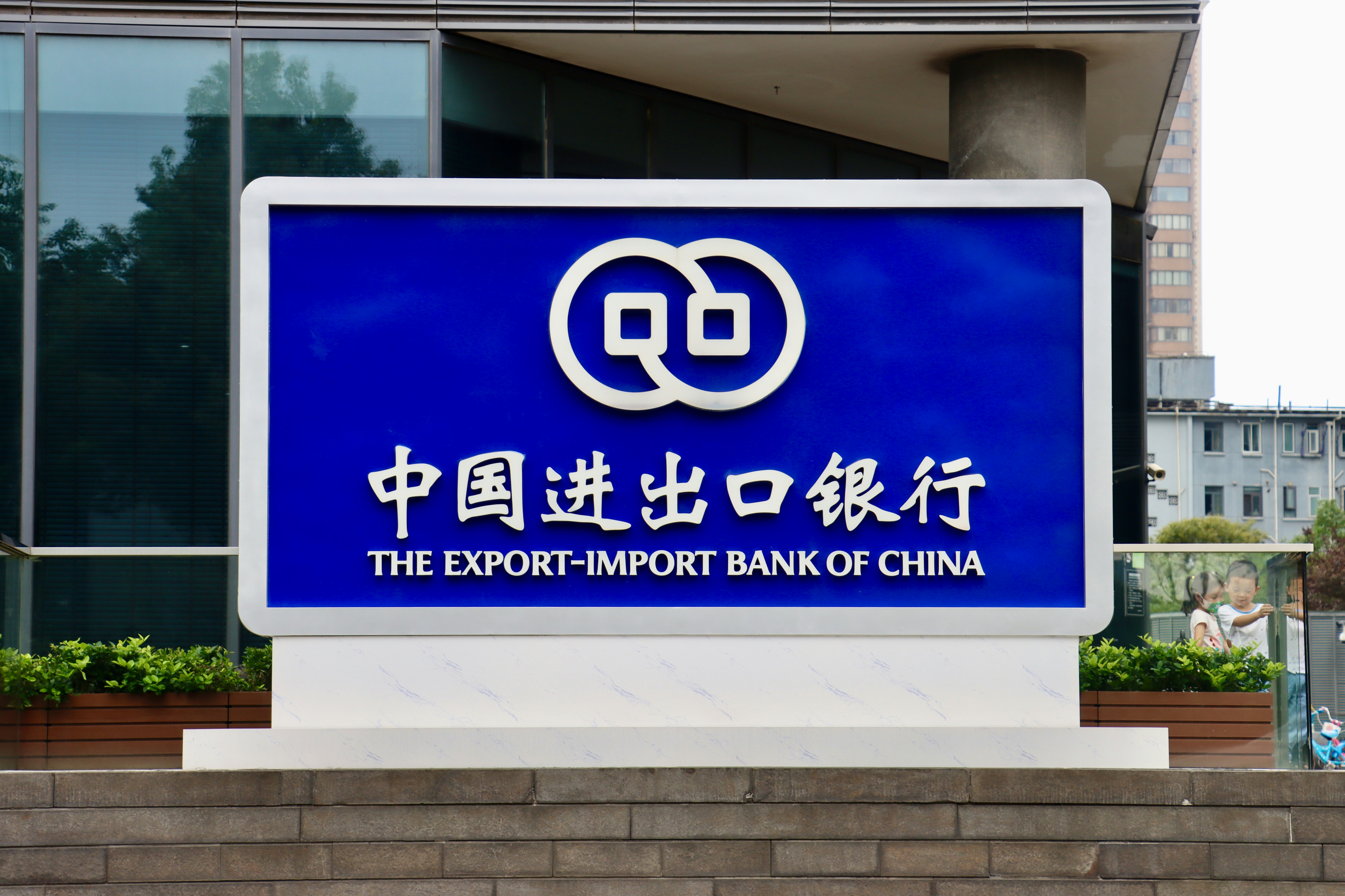
Understanding Your Tax Obligations
As an expat in China, it’s crucial to understand your tax obligations, primarily the Individual Income Tax (IIT). This tax is mandatory and varies based on your income, marital status, and the number of dependents. Tax compliance is vital to avoid penalties and ensure a smooth living experience in China.
Steps to Register and Obtain Your Tax Identification Number
Upon arriving in China, you have 30 days to register with the State Administration of Taxation (SAT). This should be done at any SAT office. During this registration process, you’ll receive a Tax Identification Number (TIN). It’s essential to keep this TIN handy as it will be required for all your tax filings.
Filing Your Tax Return and Payment Methods
Your initial tax return must be filed by June 30 of the year following your relocation. You have multiple options for filing – online, by mail, or in person at any SAT office. To pay your taxes, you can also utilize online platforms, mail, or visit an SAT office. In 2023, reforms simplified reporting for expats earning below a certain threshold, making your tax obligations easier to manage.
The tax rates in China are progressive; the higher your income, the higher your tax rate. It’s important to be aware of these rates to anticipate your tax liabilities effectively. The monthly taxable income brackets for non-residents dictate the applicable tax rate, from 3% for incomes below RMB 3,000 to 45% for incomes over RMB 80,000. Ensure you prepare your finances accordingly to meet these obligations during the tax year, which runs from January 1 to December 31.
